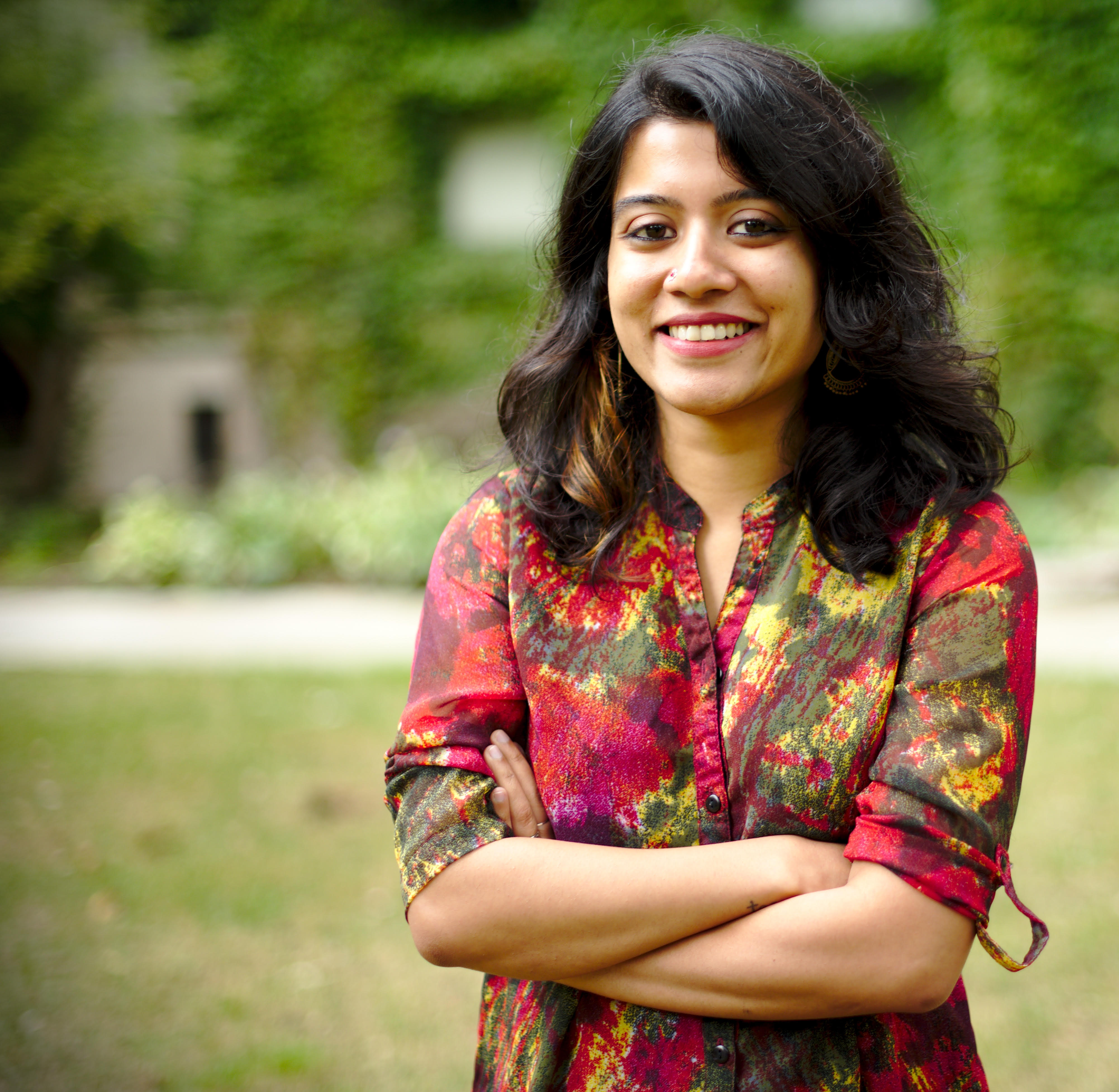
Biography:
Sneha Annavarapu is a PhD Candidate in the Department of Sociology at the University of Chicago. Prior to coming to Chicago, she received an integrated M.A. in Development Studies from the Indian Institute of Technology Madras in Chennai, India. Sneha’s research interests are at the intersection of urbanization, politics and social control in South Asia and her work has previously been published in Journal of Consumer Culture, Journal of Historical Sociology, Journal of Developing Societies, and Economic and Political Weekly. A strong proponent of writing for popular outlets, she has written think-pieces for Public Books, Agents of Ishq, The Wire and The Hindu.
Dissertation: “Moving Targets: of traffic rules, police authority, and road safety in Hyderabad, India”
This disseration is an exploration of how driving behavior is becoming a site of contestation and conversation around development and modernity in contemporary India. She first shows how in transnational and domestic middle-class discourses around road traffic, what is often articulated is a ‘problem of governance’ that is tied to a ‘problem with governance’. On the one hand is the figure of the “unruly Indian driver” who treats “traffic rules as mere suggestions”, and on the other hand are “corrupt and ineffective” state agencies (licensing authority and law-enforcement) that are unable to discipline the unruly drivers. But going beyond the discursive realm, and drawing on fifteen months of ethnographic fieldwork carried out in the southern city of Hyderabad between 2017-2019, Sneha delves into how state agencies in the city are attempting to elicit obedience to traffic rules, how these attempts resonate with and implicate the practices of Hyderabadi drivers, how gender and class relations shape (and are shaped by) everyday encounters between drivers, traffic rules and police authority in the broader context of “making roads safer”. On the one hand, this study contributes to the rich scholarship on postcolonial governance and urban politics in South Asia; on the other hand, it speaks to classic sociological concerns that address social control and social inequality in everyday life.
 THE UNIVERSITY OF CHICAGO
THE UNIVERSITY OF CHICAGO

